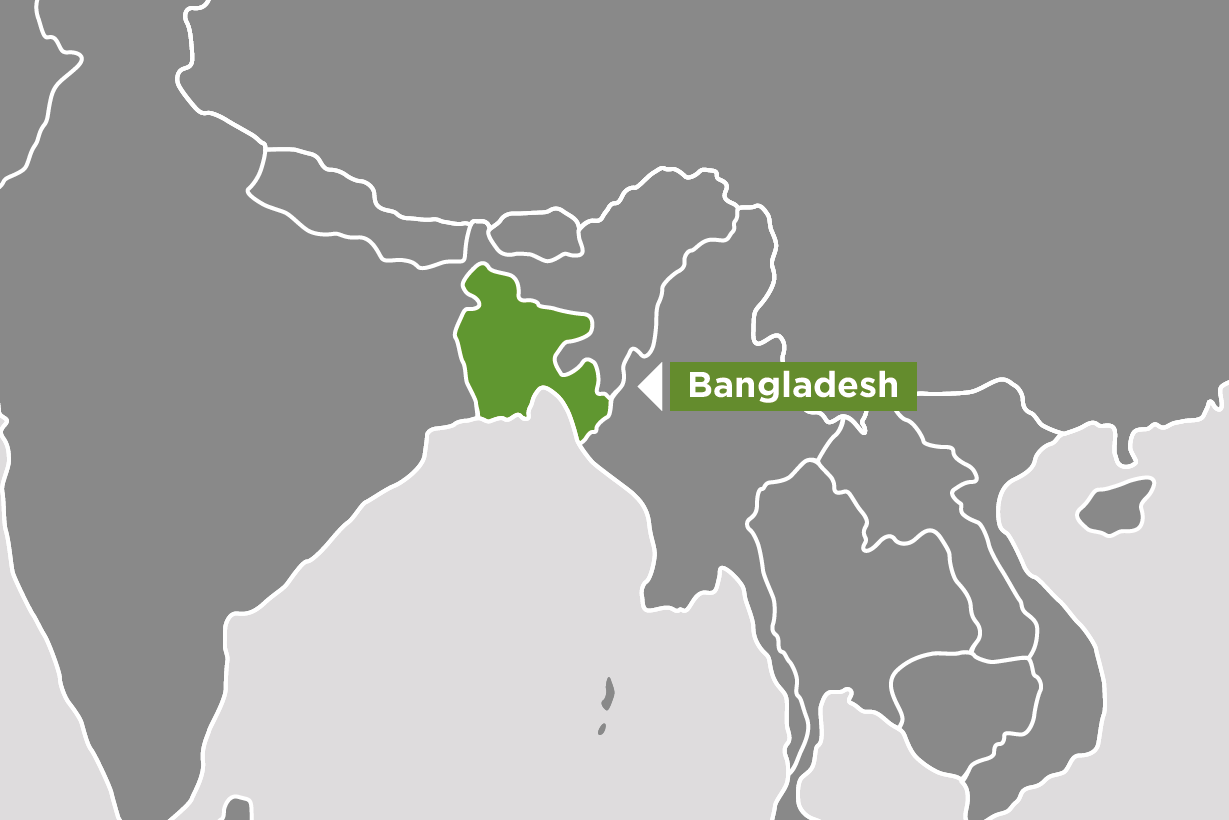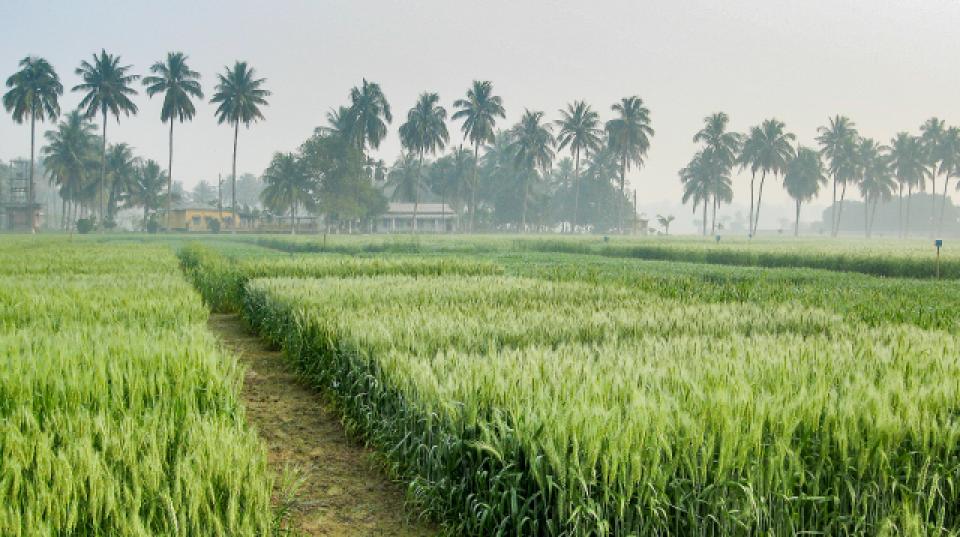Overview
This project aims to scope research opportunities for more efficient use of nitrogen fertiliser in Bangladesh. Intensive farming is practiced by farmers around the world to produce sufficient food to support the growing populations.
To increase crop yields from the same area of land, farmers are increasingly relying on nitrogen fertilisers. In Bangladesh, to support the country's aim for self-sufficiency in grain production, high rates of nitrogen fertiliser are being applied however greater nitrogen use efficiency is not necessarily being achieved. Further, the cost of nitrogen fertiliser is heavily subsidised, reducing the incentive for economic application rates. High application rates, in excess of crop nutrient requirements, can lead to soil acidification, water contamination and increased greenhouse gas emissions. Excessive fertiliser applications are making a large contribution to the cost and environmental footprint of farming. Drivers of farmer behaviour in regard to nitrogen use efficiency and current policies influencing nitrogen fertiliser use require better understanding.
Project activities
- Explore current fertiliser access and use practices, and the policies influencing these practices and access to fertiliser.
- Understand farmers practices, behaviours and drivers for their practices.
- Assess current nitrogen use efficiency in the main crops of the rice-based cropping systems and identify major research gaps.




